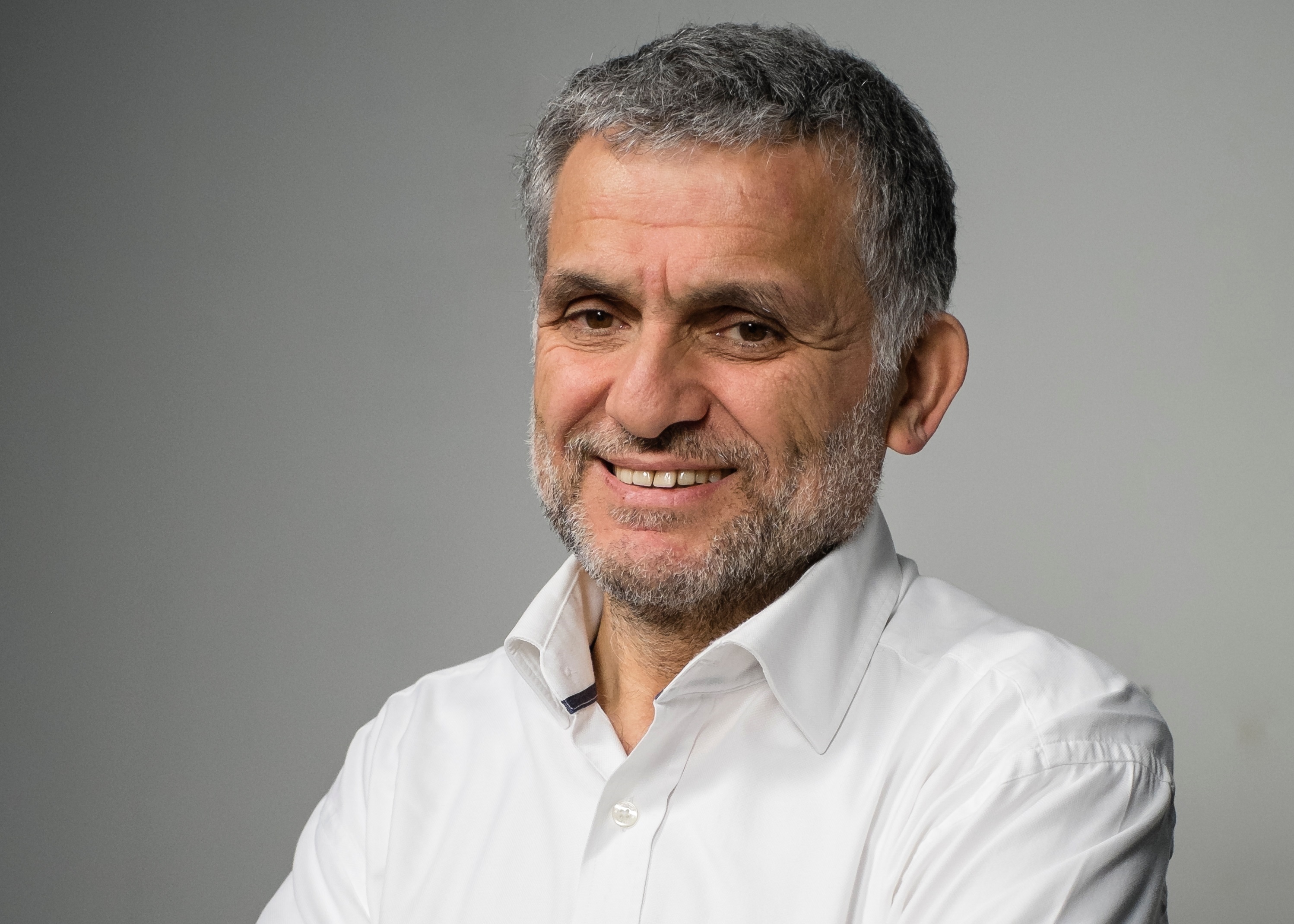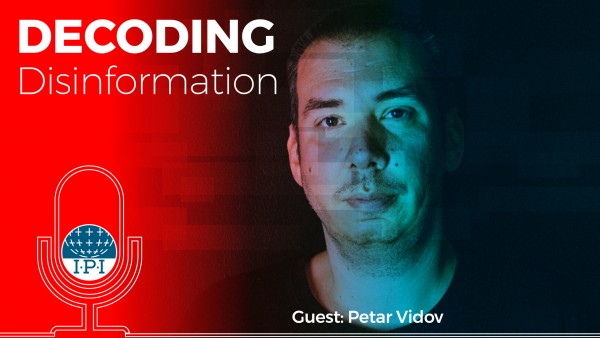Does a former auto repair shop in Istanbul hold one of the keys to overcoming years of increasing government pressure on media in Turkey and unlocking press freedom?
Veteran Turkish journalist Ruşen Çakır seems to think so. Last fall he and his colleagues turned the former shop into a makeshift studio for Medyascope.tv, an independent platform founded to use new technology to provide a space for open debate and the free exchange of news that has been pushed out of traditional media outlets’ coverage.
Utilizing video streaming app Periscope, a live-streaming video mobile app that allows anyone with a mobile device to broadcast audiovisual content online, Medyascope provides an alternative source of perspective and information in a country where much of the “mainstream” media has either been captured by supporters of the ruling Justice and Development Party (AKP) or cowed by pervasive and overwhelming government pressure.
The platform gives journalists who have been fired or who are effectively banned from appearing on discussion programs the chance to once again make their views known and contribute to public discussion. It also provides a space for news and commentary by non-journalists, but seeks to apply best practices in order to ensure that content meets standards of quality journalism.
Medyascope’s popularity has consistently increased since it was launched in 2015. This week, theInternational Press Institute (IPI) announced that the platform would receive IPI’s 2016 Free Media Pioneer Award, presented in partnership with Copenhagen-based International Media Support(IMS), later this month in Doha, Qatar at IPI’s annual World Congress and General Assembly.
IPI spoke with Çakır about the Award, the state of media freedom in Turkey and how his team is working to change the ways information is spread.
IPI: Please describe Medyascope, in terms of what it is and what it does.
Çakır: Medyascope is an independent op-ed platform that delivers original and uncensored audiovisual journalistic content. Most of our content is initially broadcast live through Periscope, then published on our website. Medyascope already has over 60 journalists and content providers contributing to the platform, on a volunteer basis. [Content includes] live-streamed op-ed, analysis and discussion programs on subjects ranging from national and international politics to economy, sports and cultural interests are the highlights of our current broadcasts. Most of our video content is also made available in audio format via podcasts on iTunes and SoundCloud.
In October 2015, one month after Medyascope started operations, we turned a workshop into a semi-professional studio that allows broadcasting to live audiences via an improved audiovisual infrastructure. Studio guests already include a large number of prominent Turkish journalists, analysts, authors, academicians and political party leaders. Medyascope aims to become a sustainable platform for connecting uncensored quality audiovisual journalism with discerning web-native consumers.
IPI: What circumstances led you to decide to create Medyascope and what difficulties did you face in doing so?
Çakır: Led by myself, a journalist for 31 years, Medyascope was founded with the aim to address issues surrounding freedom of the press in Turkey, along with the vision to introduce independent journalists to the right digital tools and to provide them with a self-sufficient, easy to use and sustainable platform to reach large audiences in a swift and uncensored manner.
The greatest obstacle has been convincing journalists and content providers to join in on this independent journalism effort. This is a hurdle we’re slowly overcoming, but the struggle is far from over. A great majority believes that an Internet-based media platform cannot become profitable or even self-sustaining. At Medyascope we have freedom of speech and information as our governing principle. Therefore constant government monitoring of independent media comes forward as another risk factor.
IPI: What has been Medyascope’s impact on journalism and press freedom in Turkey?
Çakır: Since Medyascope started operations in August 2015, our original content has reached over 600,000 people, with 60 percent becoming regular consumers of our broadcasts and programs. Although the actual impact cannot be measured by any sort of metric, we believe that we have modelled an important case study on how digital innovation can empower journalists and allow them to create an independent and uncensored platform to reach large audiences.
Medyascope’s motto is “because it’s free” (as in “free speech”). Needless to say, the first thing the phrase suggests is that we keep our distance from those in power. But in our understanding, the greater meaning lies in our lack of concern for “ratings” – as in viewer metrics. We make a great effort to stay clear of the tendency to create “popular” programs so that we can attract large audiences. If a program is interesting and meaningful to us, we will always broadcast it and won’t be counting the number of views it brings.
IPI: Do you think that the Medyascope model could be copied in other countries and achieve similar results?
Çakır: Absolutely. The Medyascope model can be replicated anywhere in the world, and we believe it carries the potential to make a difference, especially in developing countries. There are already a few parties interested in implementing our model in Turkey; we do our best to share our experience with them.
IPI: IPI chose to name Medyascope its Free Media Pioneer this year to recognize Medyascope’s use of new technology, particularly amid such a difficult press freedom climate. What do you think this award could mean for your future work?
This award will give Medyascope a most valuable recognition as a reputable, respectable media platform, also disproving the naysayers that tried to cast gloom on this venture since the beginning. The award also carries a globally acknowledged confirmation for our claim that ethical journalism is still possible even with limited resources and funds – which will surely make our future path an easier one.
IPI: What comes next – what are your goals for Medyascope and what do you hope to accomplish in the future?
Çakır: We would like to increase the frequency of our broadcasts and establish a program schedule to cover the entire week, also expanding the broadcast spectrum to cover a wider area of interests. We are also planning to establish an educational program for young journalists/students offering live seminars on journalistic standards and practices, and effective use of Periscope and other live broadcasting tools in journalism.
This interview has been lightly edited for clarity. Registration for IPI’s World Congress, taking place from March 19 to 21 in Doha, is still open. More information, including the full programme, is available at www.ipiworldcongress.com/. Contact IPI directly for information on special discounted rates.



